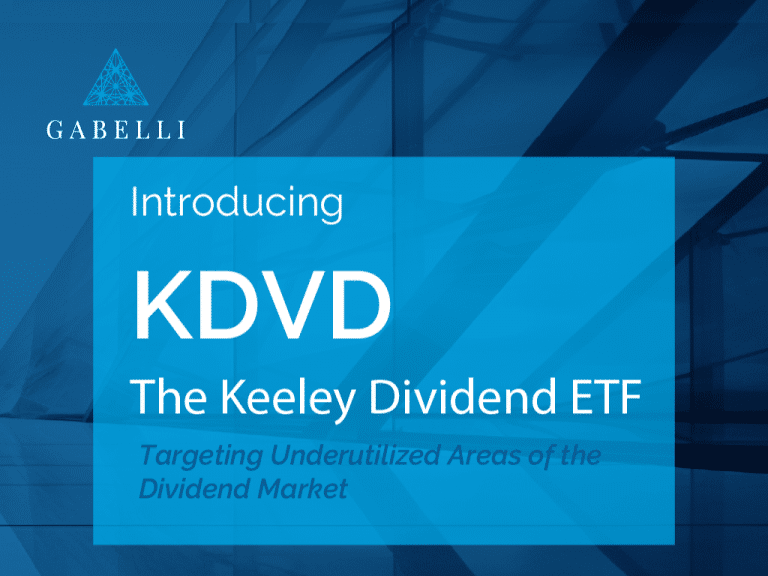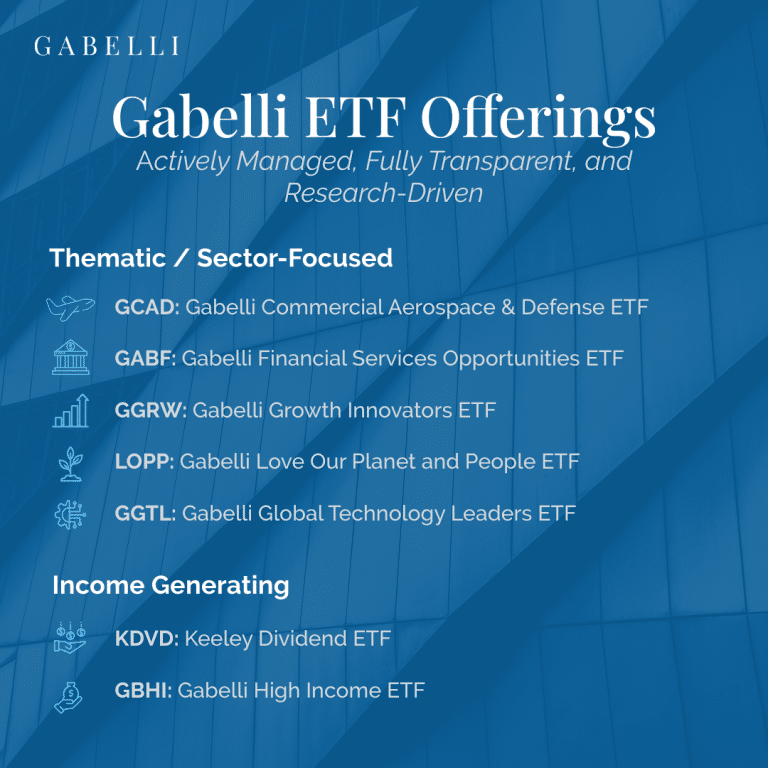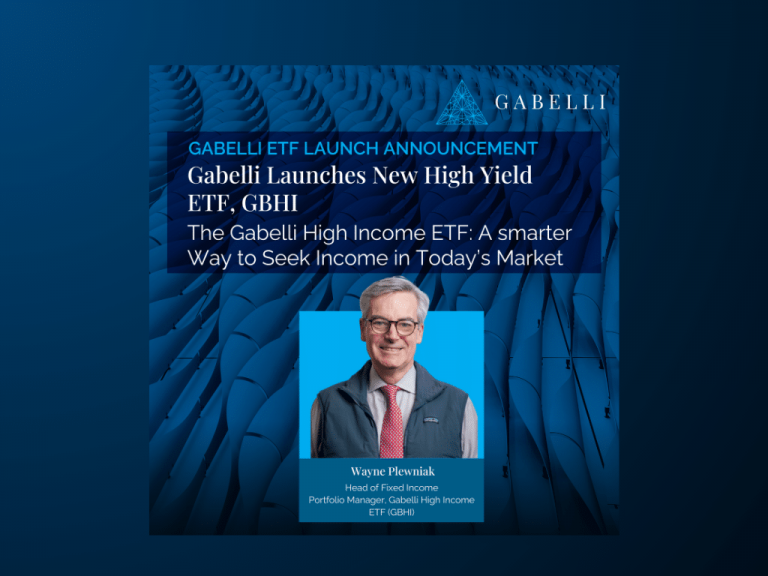2024 was a year of continued strong progress. The fund returned 44% vs. the S&P 500 Financials Benchmark of 32% and the S&P 500 return of 25%. Inception-to-date, on an annualized basis, GABF has returned 30.3%, vs. 16.7% and 17.7% for the S&P 500 Financials and S&P 500 Indices, respectively.
During the year, we altered the structure of the fund to a fully transparent one or in-line with general industry standard. The positive effects of this change were seen in increased trading volumes, tighter spreads and further adoption by advisor platforms.
Looking back on the start of 2024, the banking sector was facing down, YoY earnings comparisons, low investor expectations and cheaper valuations. With the appreciation in 2024, the opposite is now true. Fundamentally, banks are positioned for a clearer sight of earnings growth due to positive net interest income dynamics; however, they come with higher multiples and more modest expected returns. Still, it remains a stock pickers market. Although we achieved strong appreciation last year, we still feel confident in the valuation metrics of the GABF portfolio. By example, in aggregate the GABF portfolio has an forward P/E of 16x and an estimated 3- Yr EPS growth rate of 13.0% (Source: FactSet). In comparison, the S&P 500 and the S&P Financials Indices’ P/E ratios are 24x and 18x, respectively. Looking closer we see continued strong outlooks and execution trends for firms in the portfolio. Interactive Brokers (NASDAQ: IBKR) just reported December monthly metrics with total accounts growth +30%, YoY, while client equity increased 33%. American Express (NYSE: AXP) saw excellent billings trends in the holiday period with US Consumer Retail up double digits from the comparable period in 2023.
Warren Buffett often highlights the importance of investing in companies with “economic moats” or those with competitive advantages. Today we like the collection of businesses owned in the portfolio, but as part of our research process must monitor to make sure those company moats remain solid. Competitive dynamics can come quickly or more slowly over time. With the latter, measuring the erosion of a moat can be seen through higher marketing costs, lower corporate margins or slower top line revenue due to pricing pressure just to name a few dynamics.
On the macro side, artificial intelligence continues to be a top investor and corporate focus. We wrote a paper in September 2024 (AI/Technology Wave – Early Implications for Financial Services) which highlights some of the potential benefits in the financial services industry. This cycle, like many other major productivity events in history, will play a role both in enhancing moats and eroding them with significant disruption.
“Meaningful innovation does not need to be based on outright invention. Rather, there is an exhilarating shortcut. It is based on bold, new combinations of already existing components that simultaneously unlock heightened levels of consumer value and reduce costs.” -Gabor George Burt
Two specific points to highlight about this productivity cycle. First, firms already focused on automation and digitization will benefit from lower cost and faster implementation than in the past (greater efficiency). JP Morgan leadership noted this year that benefits from AI totaled between $1-$1.5 billion in ’23 and were expected to jump to $2 billion in ’24. Second, for some firms, scale will improve the ability to deliver in a more virtuous productive way.
American Express because of its unique closed loop system benefits from feedback from its end client in terms of consumer habits. The knowledge from these insights can then be used to engage more effectively with them creating a positive cycle for revenue. Scale of data insight begets more transactions begets more effective marketing intelligence. Net/net, we believe the AI wave in financial services will be impactful and lead to outsized winners, such as American Express and JP Morgan.
Respectfully, Mac
IMPORTANT DISCLOSURES
• Shares of this ETF are bought and sold at market price (not NAV) and are not individually redeemed from the fund.
• Buying or selling ETF shares may require additional fees such as brokerage commissions, which will reduce returns.
• Financial services companies operate in heavily regulated industries, which are subject to change. The underlying securities are subject to credit and interest rate sensitivity risk, which could affect earnings. Additionally, since financial services firms are correlated to GDP, a decline in the economic environment could impact profitability.









